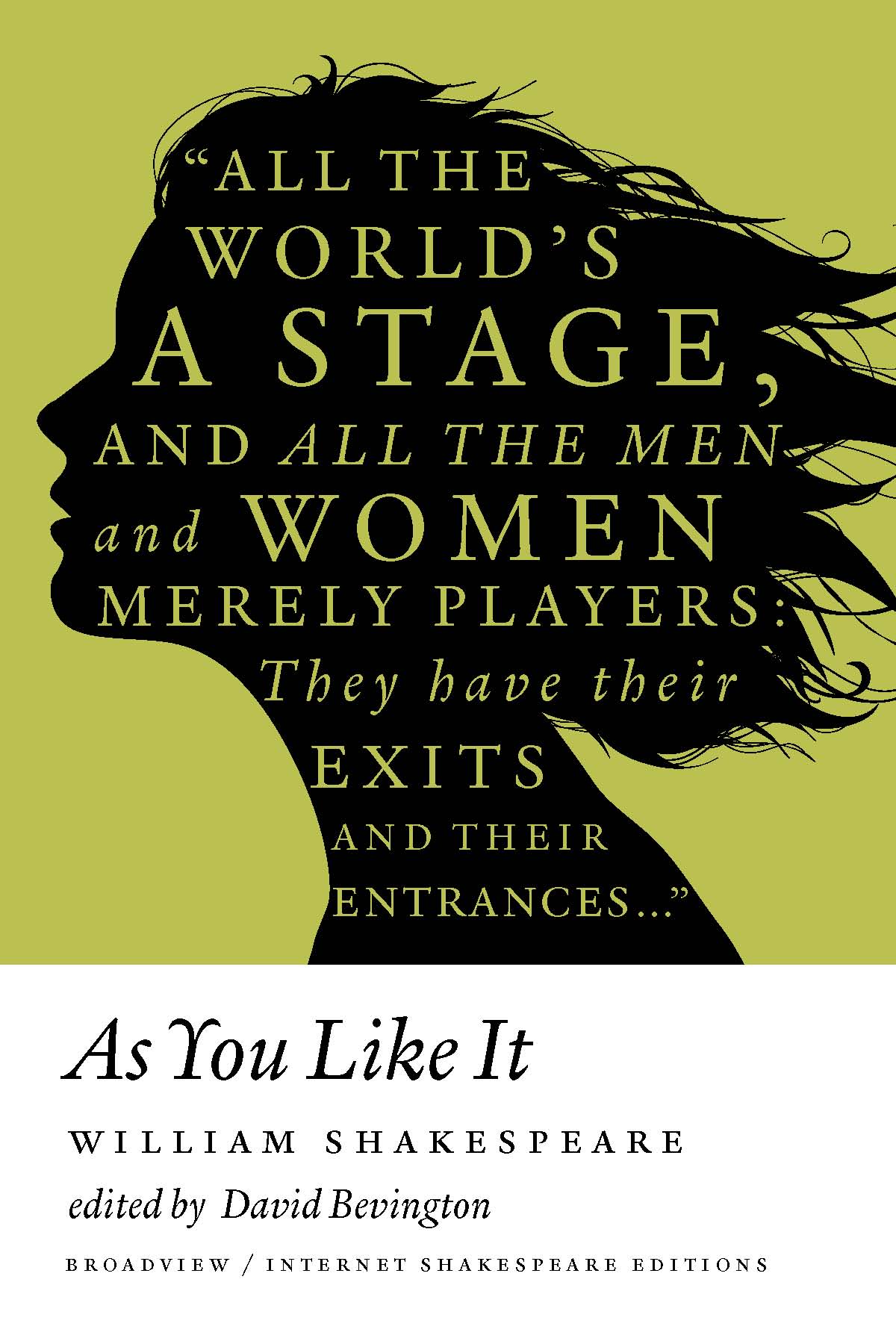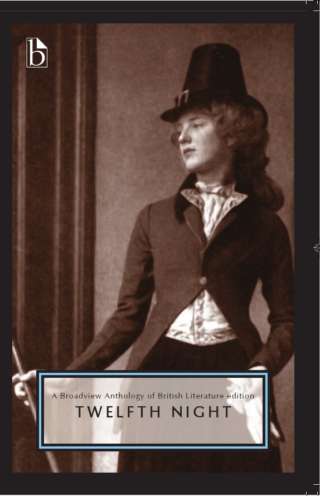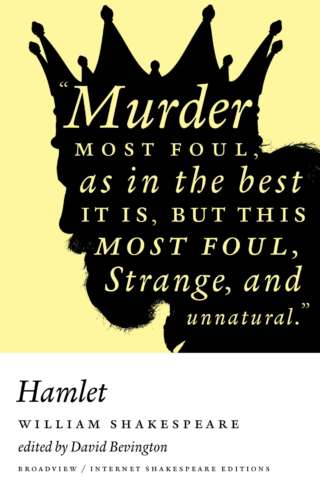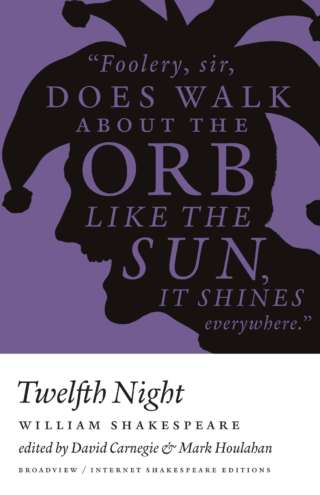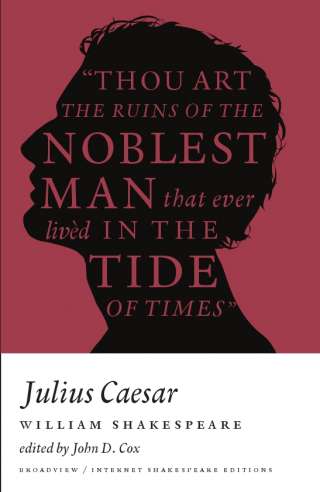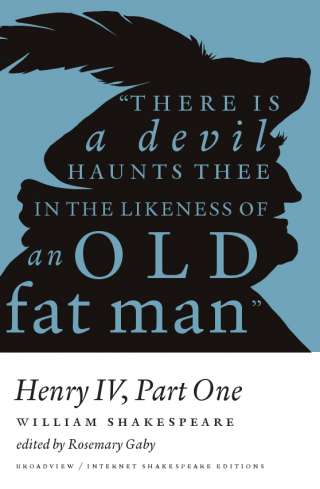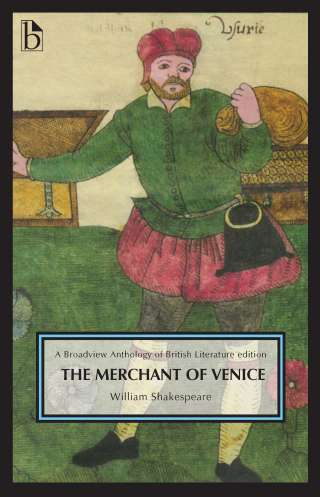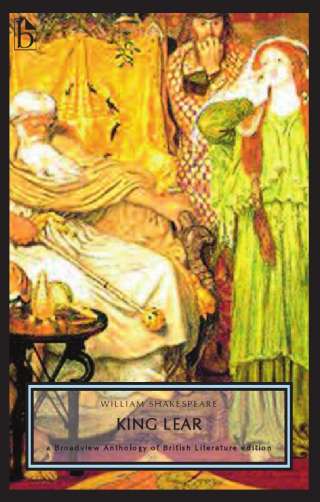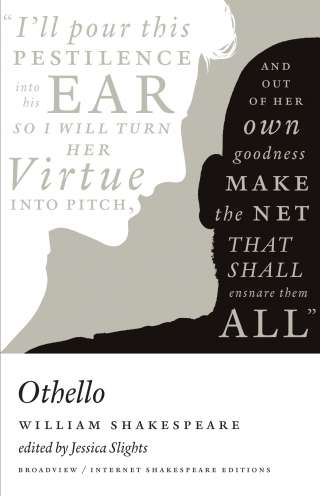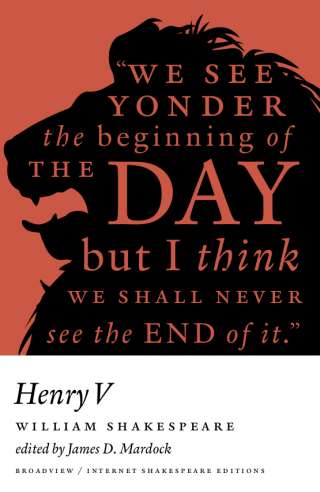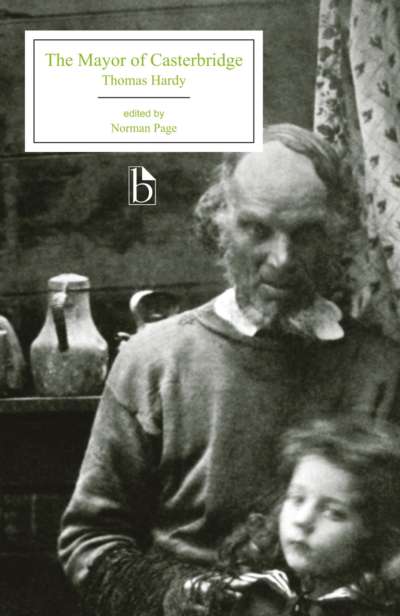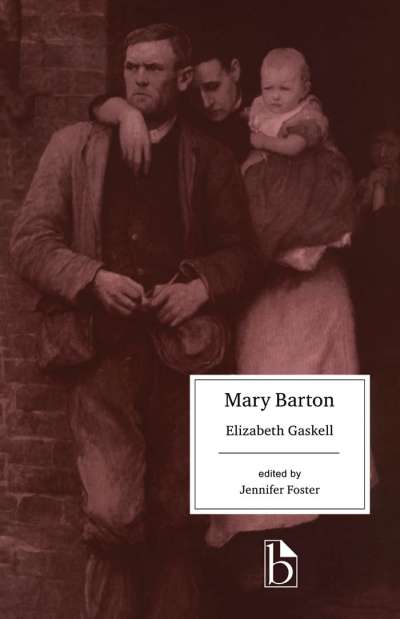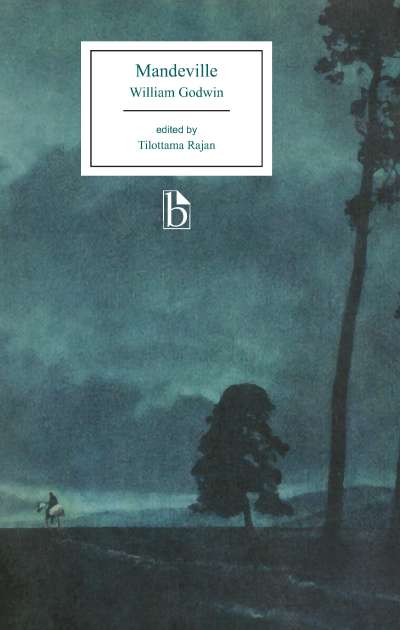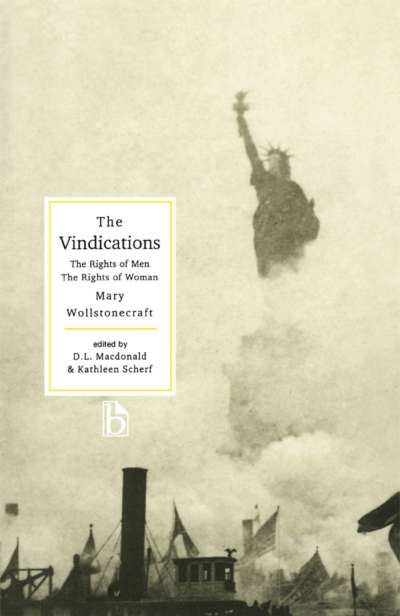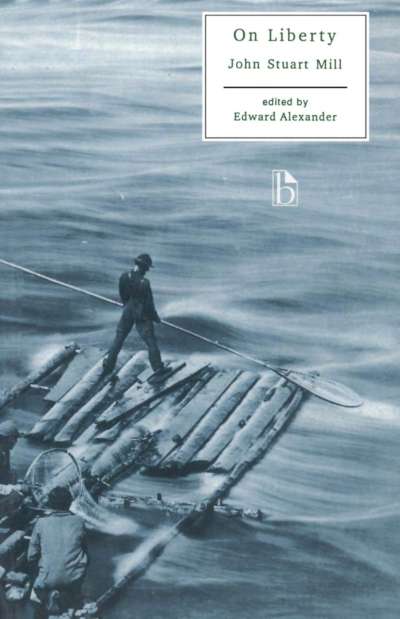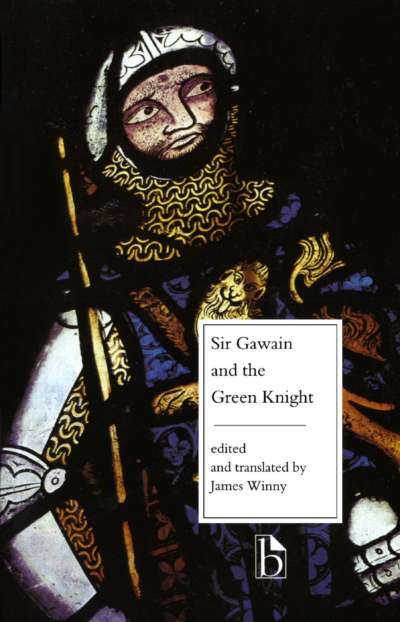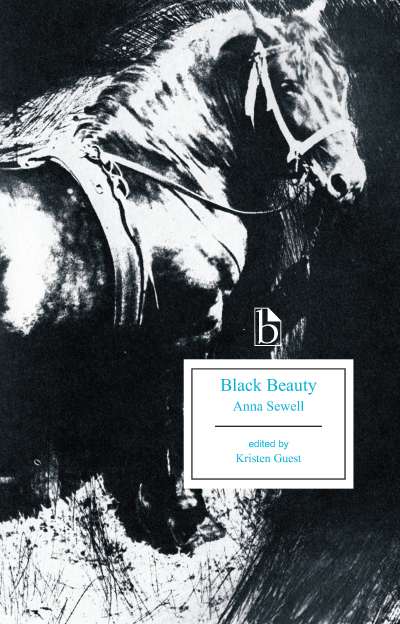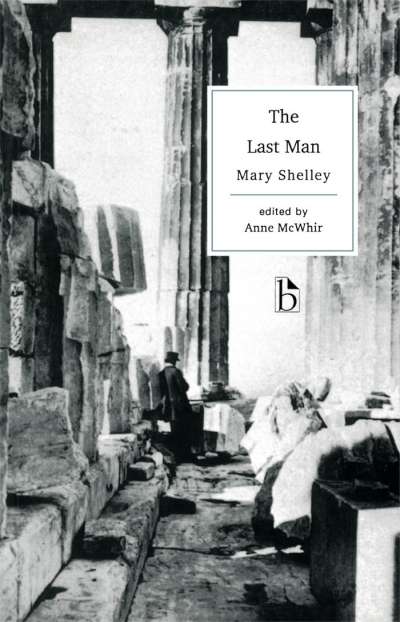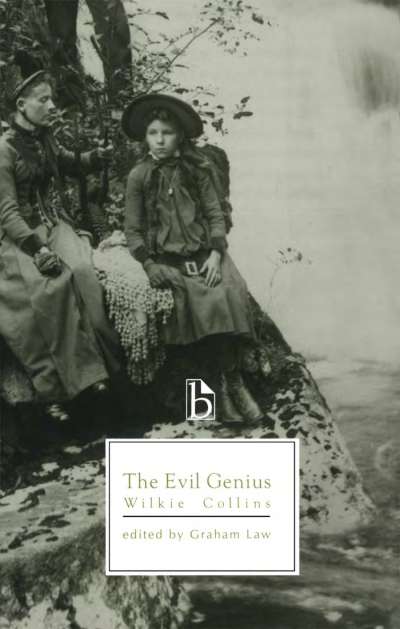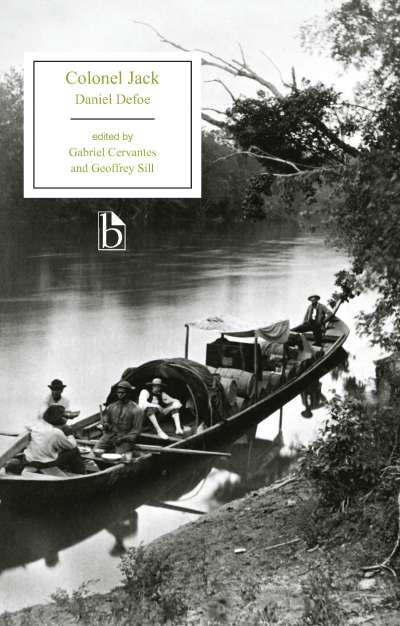
Both a witty satire of literary cliché and a tender meditation on the varieties of love, As You Like It continues to be one of Shakespeare’s most beloved and widely performed comedies. In the introduction to this new edition, David Bevington traces the complex relationships between the characters in the play, and explores the history of its criticism from Samuel Johnson to the twenty-first century.
As part of the newly launched Broadview Press / Internet Shakespeare Editions series, this edition features a variety of interleaved materials—from facsimile pages, diagrams, and musical scores to illustrations and extended discussions of myth and folklore—that provide a context for the social and cultural allusions in the play. Appendices offer excerpts from Shakespeare’s key sources and influences, including Thomas Lodge’s Rosalind and Ben Jonson’s Every Man in His Humor.
A collaboration between Broadview Press and the Internet Shakespeare Editions project at the University of Victoria, the editions developed for this series have been comprehensively annotated and draw on the authoritative texts newly edited for the ISE. This innovative series allows readers to access extensive and reliable online resources linked to the print edition.
Samples of the interleaved materials found in As You Like It are provided below:
Fortune
The Quintain
The Spheres
It Was A Lover and His Lass
Comments
“With its wealth of contextual material, and linked to the extensive resources online, this edition of one of Shakespeare’s most engaging plays will be particularly welcome in the undergraduate classroom. Editor David Bevington draws on a long and distinguished career to situate the play in its literary, intellectual, and historical contexts, furnishing a well-stocked Introduction that can be navigated readily by students new to the field. A feature that makes this edition especially attractive as a teaching text is the inclusion of nearly two dozen “interleavings” to supplement the traditional footnotes—extended, and often illustrated, glosses on key passages and references that might prove obscure for readers today.” — Judith Owens, University of Manitoba

